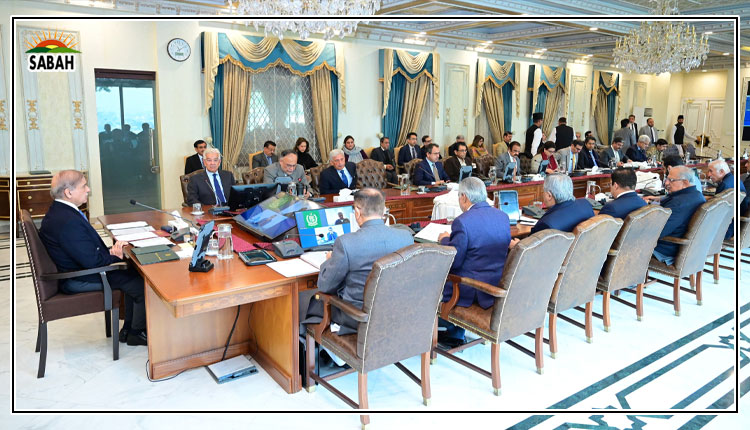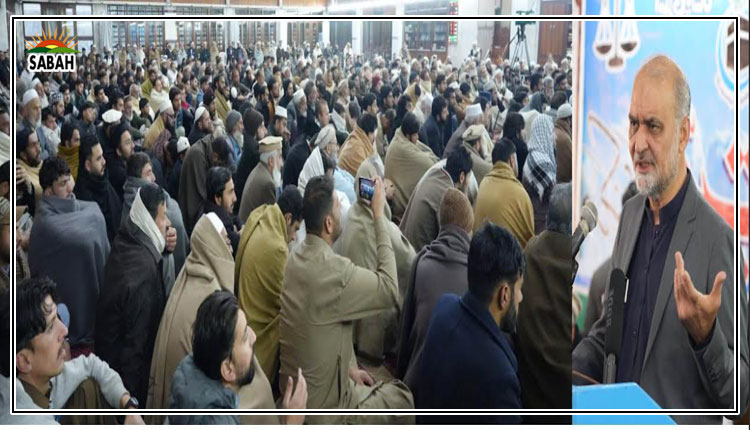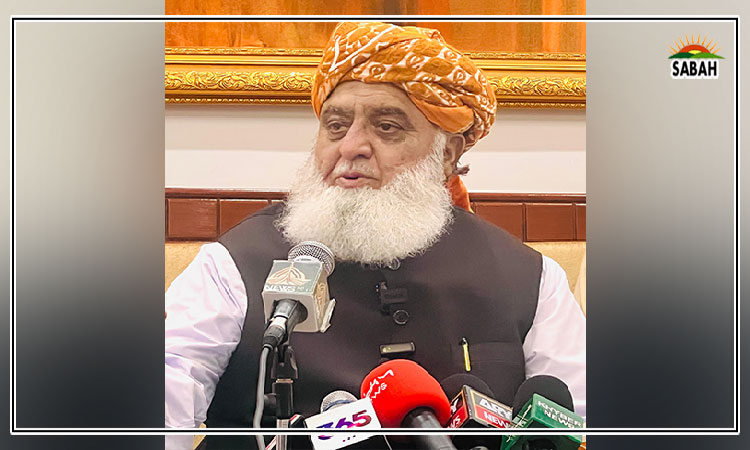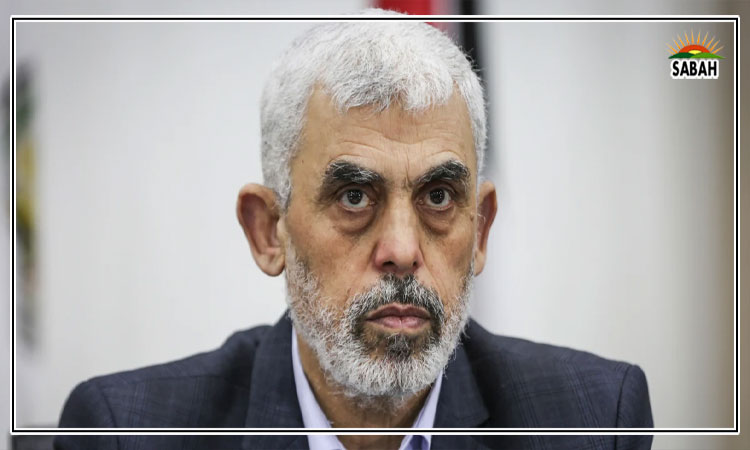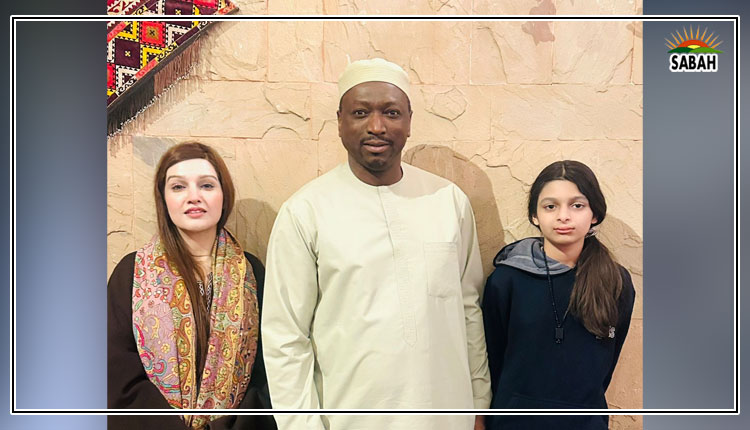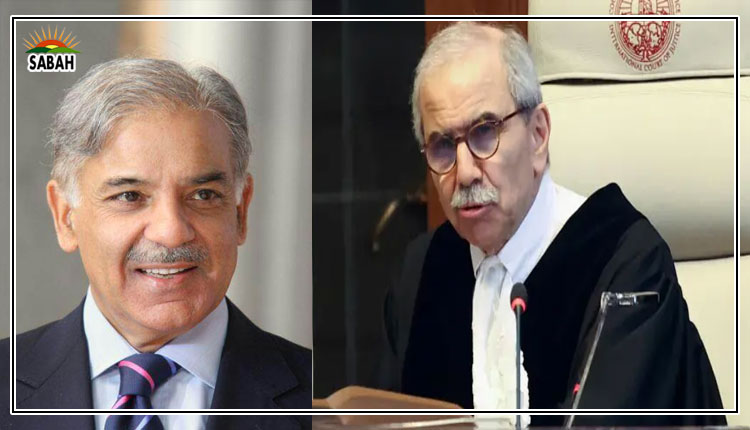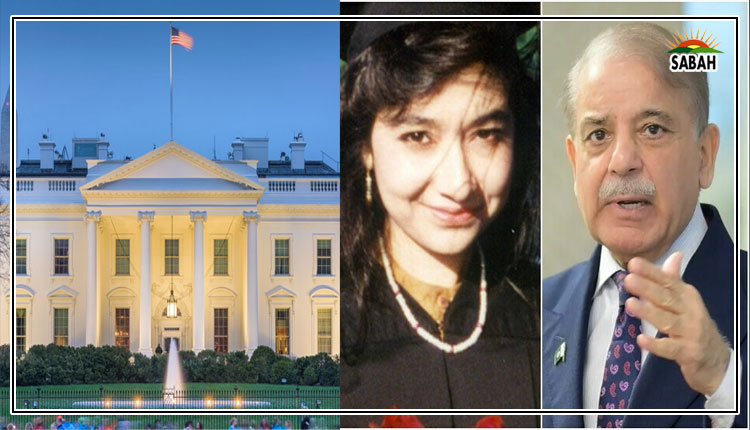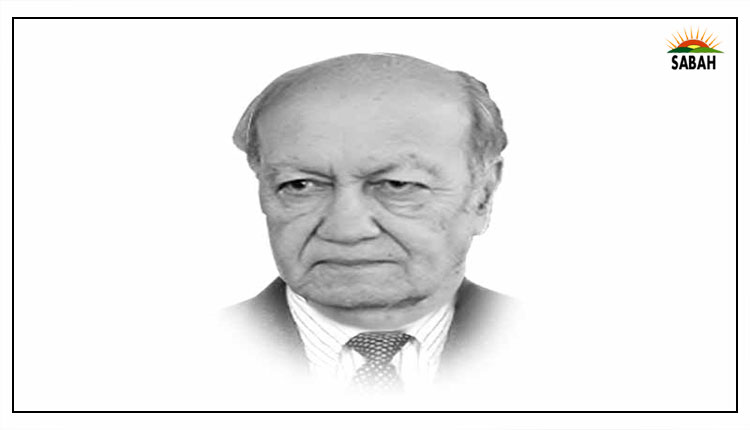Working towards a better future …Talat Masood
The questions that are often posed by many in Pakistan are: what are the major policy changes that the government and institutions should introduce in order to place the country on the right course? What corrective measures will contribute to improving political conduct that promotes stability and greater cooperation among state institutions? What actions are necessary to improve the working environment that facilitates greater efficiency?
The answers to these questions are simple and well known; it is in the implementation that is demanding in which the governments are generally failing.
First and foremost, the political parties should abide by democratic norms. Generally, this is not the case and the most glaring example of this is the election of party leaders. Although in all probability, these very leaders would have got elected by strictly adhering to the dictates of the constitution. There is nothing against family members being in major positions in the party hierarchy or government, provided they have been genuinely elected through elections and not merely placed or given preference over others. In mature democracies too like the UK, the US, Canada and India, there are several examples of families pursuing politics as their career. The Kennedys in the US, Trudeaus in Canada and Nehrus in India. Similar to the Bhutto and Sharif families in Pakistan.
It is apparent that the doubts and misgivings that are associated prior, during and after elections in Pakistan have a basis and need to be addressed. This necessitates a better appreciation of the importance of pursuing the democratic norms faithfully. If these are followed correctly it adds immensely to the strength and reputation of the country.
The role of women is very important for a country to progress. At the individual level women in Pakistan have held high positions and had illustrious profiles. Benazir Bhutto had the distinction of not only being the first female Prime Minister of Pakistan but of a Muslim country and a prominent figure of her time. Pakistan has had a successful female foreign minister in Hina Rabbani Khar, and a Human Rights activist Asma Jehangir. There are several women serving as ambassadors, judges, lawyers, human rights activists, professors, artists, authors – and in politics. Over twenty per cent of Pakistani parliamentarians are women, mostly serving in seats reserved for them. The safety of women in politics and in public life needs to be improved. The assassination attempt on Nobel Peace Prize laureate Malala Yousafzai has made her leave the country. Whereas there are a limited number of women in urban areas that speak freely and pursue professional and public careers but it is not the same for the vast majority in the countryside. All these factors necessitate that efforts to achieve gender equality need to be prioritised.
The government did manage to get the controversial bill on regulating the powers of the judiciary passed in both houses of the parliament. PTI, the largest party in the parliament, abstained, but a significant number of its parliamentarians voted as independents. There is a need to reflect whether such tactics serve the larger interest of the country. The type of arm-twisting and pressure that was brought on opposition parliamentarians and senators who were inclined to vote against the resolution should also be a matter of concern. Perhaps what is not being realised is that these types of policies by the government seriously stain the image of the country and the reputation of the party in power and the institutions that are supportive of it. Even more damaging is the impact that this has on the people.
The challenge remains to find solutions to the barriers between the political parties. The daily life of most Pakistanis and their deeper personal and political aspirations depend on good measure on how the parties conduct with each other and what contribution they can make towards improving the quality of their lives. We hope and expect our leaders are conscious of this great responsibility. There are similar expectations from other state institutions – bureaucracy, judiciary and military. It is the priority that our leaders accord and the emphasis they lay on political behaviour that conform to the dictates of law and the demands of moral behaviour that will influence their present and future conduct. And it goes without saying that it will largely set the tone and direction in which the country would be heading.
At the same time, we need to be firmly focused on our security challenges. The TTP and other militant outfits seem to have reemerged and are posing a threat that needs to be neutralised. Improving the economic conditions of the people of Khyber-Pakhtunkhwa and Balochistan should be a high priority, failing which the problems will multiply.
The recent happenings in the country and the challenging regional scenario have given the leaders an opening to chart a new future and serve the people with the required zeal and efficiency.
Courtesy



